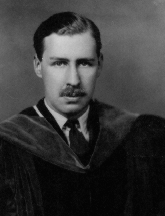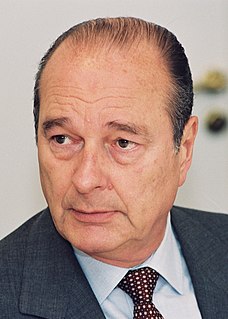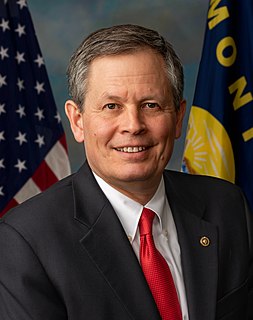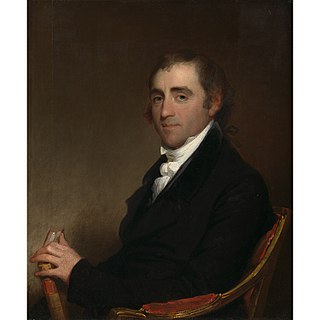A Quote by Erik von Kuehnelt-Leddihn
Tolerance can be exercised only by those who have well-grounded convictions (although it will not always be exercised even by them). For such people tolerance is an act of self-abnegation; although they are convinced that those who differ from them must be wrong, they nevertheless will protect their rights.
Related Quotes
Unlimited tolerance must lead to the disappearance of tolerance. If we extend unlimited tolerance even to those who are intolerant, if we are not prepared to defend a tolerant society, then the tolerant will be destroyed, and tolerance with them. We should therefore claim, in the name of tolerance, the right not to tolerate the intolerant.
Though this motion for a new trial is an application to the discretion of the Court, it must be remembered that the discretion to be exercised on such an occasion is not a wild but a sound discretion, and to be confined within those limits within which an honest man, competent to discharge the duties of his office, ought to confine himself. And that discretion will be best exercised by not deviating from the rules laid down by our predecessors; for the practice of the Court forms the law of the Court.
I am the greatest advocate of the Constitution....The only fault I find with the Constitution is, it is not broad enough to cover the whole ground. Although it provides that all men shall enjoy religious freedom, yet it does not provide the manner by which that freedom can be preserved, nor for the punishment of Government officers who refuse to protect the people in their religious rights, punish those mobs, states, or communities who interfere with the rights of the people on account of their religion. Its sentiments are good, but it provides no means of enforcing them.
One of the paradoxes of liberal societies arises from the commitment to tolerance. A society committed to respecting the viewpoints and customs of diverse people within a pluralistic society inevitably encounters this challenge: will you tolerate those who themselves do not agree to respect the viewpoints or customs of others? Paradoxically, the liberal commitment to tolerance requires, at some point, intolerance for those who would reject that very commitment.
Your service will be arduous, it will be painful and rigorous, and the slightest delinquencies will be requited immediately with corporal and afflicting punishments; hence, I must recommend to you prompt exactness, submissiveness, and total self-abnegation that you be enabled to heed naught but our desires; let them be your laws, fly to do their bidding, anticipate them, cause them to be born.
The people as a body cannot deliberate. Nevertheless, they will feel an irresistible impulse to act, and their resolutions will be dictated to them by their demagogues... and the violent men, who are the most forward to gratify those passions, will be their favorites. What is called the government of the people is in fact too often the arbitrary power of such men. Here, then, we have the faithful portrait of democracy.
































